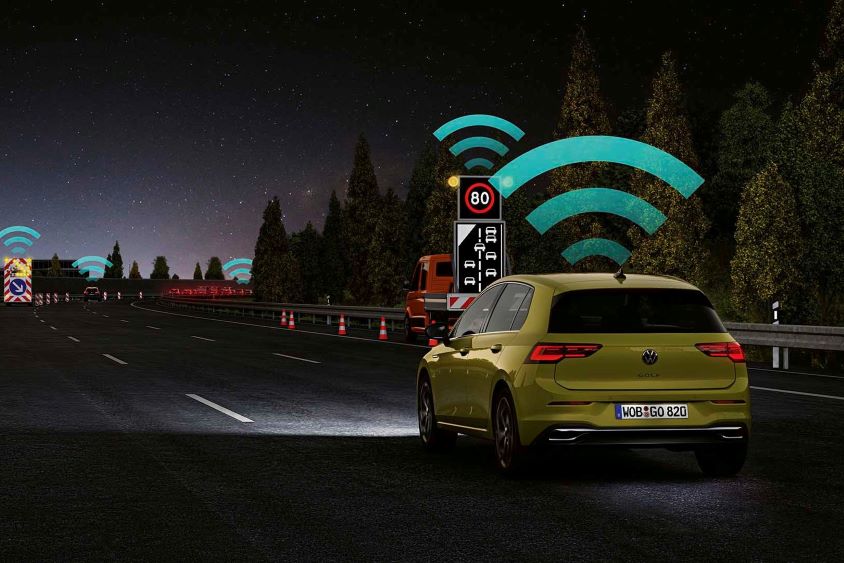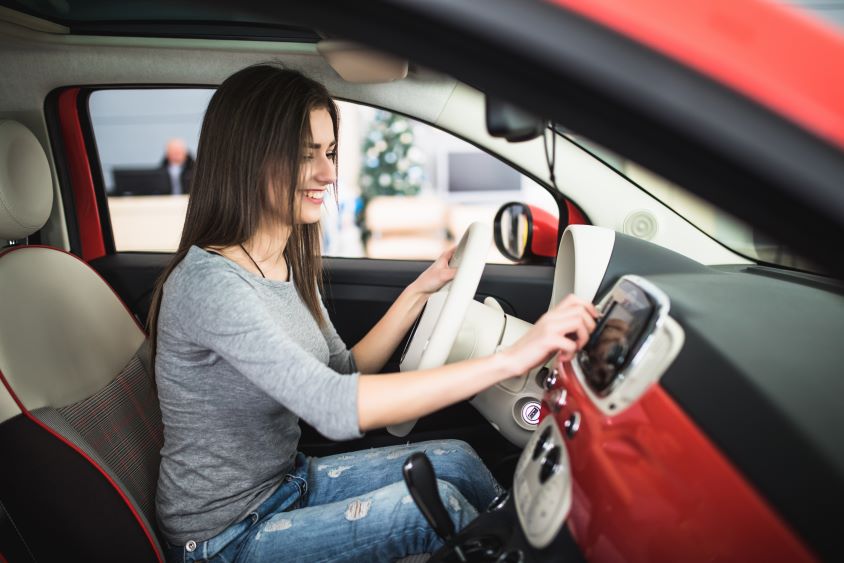SEAT’s CUPRA design team has unveiled a new 3D printing production technique that the
manufacturer claims could revolutionise car design in the future.
Using 3D-printed parts to test aspects of design like aerodynamics, performance and styling
could be a game-changer for the industry at large.
Swift and efficient production and testing
Xavi Serra, head of technical development at CUPRA Racing, said: “The main goal is to
have a lot of parts in a short time.”
“We can quickly test a wide variety of designs and furthermore, this technology enables us
to react swiftly to any changes in the design process.”
Engineers have developed new production techniques for CUPRA’s Leon Competicion
racing car, with the model featuring a host of 3D-printed parts, including door mirrors, air
intakes and cooling intakes.
Processing from design to having the item ready to fit to the car can be done is as little as 20
hours, while up to six different components can be produced at the same time. It all means
the trial and testing of new components can be significantly sped up.
Mr Serra concluded: “This technology is and will continue to be key in countless fields to
make the most complex ideas a reality.”
Jenny Smith, Product Manager for Tele-Gence, commented: “Developing new, more efficient
ways to test and develop components in the design phase could make the production of new
models all the faster, as well as helping manufacturer’s to save on cost and time spent in
development.”
Your business can benefit from affordable telematics with no hidden start-up fees or
long-term commitments. Find out how at www.tele-gence.com





